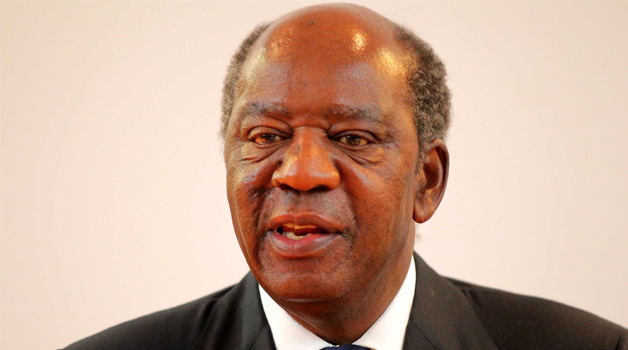By SYLVESTER MWALE –
FINANCE Minister Alexander Chikwanda says Africa’s failure to move away from commodity dependence without any meaningful value-addition has continued to negatively affect most economies on the continent.
Mr Chikwanda said that the agriculture sector which employs the majority of the continent’s population had remained at a subsistence and primary level.
The minister, who is also chairperson of the Board of Governors for African Development Bank (AfDB), was speaking during the inauguration of the new bank’s president Dr Akinwumi Adesina in Abidjan, Ivory Coast.
Mr Chikwanda said value-addition had remained elusive in the agriculture sector while the sector remained exposed to price fluctuations on the international markets.
“Africa’s great resource, its youth, has remained at the periphery of economic activity. A large part of the private sector on the continent is still largely micro and small businesses who are merely traders.
“Absolute poverty has remained high while basic social and economic activities are still poorly distributed and a preserve of a few,” he said.
Growth, whilst being comparatively high as compared to the developed economies, is still too low to redress the prevailing situation.
In order to reverse the trend, Mr Chikwanda said that there was need to have soft and hard structural issues related to human capital development and infrastructure effectively addressed.
Dr Adesina, a Nigerian, who was inaugurated early this week as the new president of the AfDB, takes over from Dr Donald Kaberuka, a Rwandan economist who has been at the helm of the regional bank since 2005.
Mr Chikwanda, who thanked the outgoing president, expressed confidence that Dr Adesina would bring the highest standards of excellence, integrity and commitment to service as the bank positioned itself to respond to various challenges.
“We are encouraged that the bank will have at its helm a man of both vision and irrevocable commitment.
“The bank is also strategically positioned towards support for Agenda 2063 that seeks to build a prosperous and united Africa,” Mr Chikwanda said.
The bank, he said, had grown over the past 50 years where there had been a tremendous increase in its financing activities and in creating a solid base for the continent’s economies’ strides towards inclusive growth.
He said countries had been assisted by the bank towards realising the potential of the private sector’s role in economic growth through its lending activities and efforts towards regional economic integration and infrastructure development.
“As a testimony to this undertaking, the bank has now committed US$28 billion towards infrastructure,” Mr Chikwanda said.







